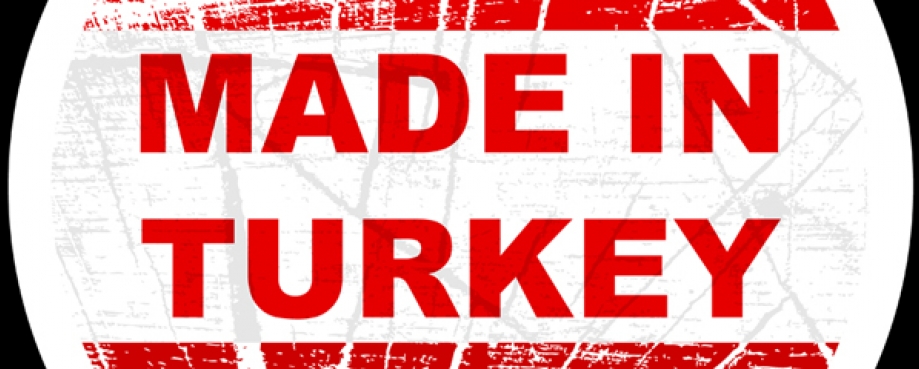
Turkey is on the front line of a humanitarian crisis. Over two million Syrian refugees live in Turkey with an estimated 400,000 working illegally in either agriculture or in the apparel and textiles industry.
After China and Bangladesh, Turkey is the world’s third largest sourcing hub for clothing.
Organisations concerned with workers’ rights have therefore been challenging companies sourcing garments from Turkey to take action to protect refugees in their supply chains. As part of this effort, the UK-based Business and Human Rights Resource Centre has just surveyed 28 brands asking what they are doing to address any abuses.
Importantly, in 2014, our member brands approached the ETI Secretariat expressing concerns about issues they were seeing in their Turkish supply chains arising from the illegal employment of Syrian refugees. They asked for our guidance in addressing this.
As a result, ETI set up a working group with the brands, in collaboration with Turkish trade unions, local manufacturers and groups representing Syrian refugees. The group developed a common position, emphasising that Syrian workers should not experience discrimination or exploitation and should enjoy the same conditions as their Turkish colleagues.
We know that refugees are highly vulnerable to exploitation, but in complex and challenging business environments, responsible companies acknowledge problems, identify where issues are in their supply chains and take action to tackle them. This is exactly the approach of ETI brands.
Members of our working group agreed to:
- Develop internal policies.
- Enhance their audit procedures in the first and second tiers of their supply chains to detect the presence of refugee workers
- Put in place effective remediation where unregistered Syrian workers were found to be employed.
Working with the Fair Labour Association and Fair Wear Foundation we also lobbied the Turkish Government to bring in work permit legislation for Syrian Refugees.
Some brands were even present during a delegation visit to the Turkish government to ensure the situation was improved and the Turkish government has now tabled legislation agreeing to the provision of work permits for Syrian refuges.
While it is clear that more still needs to be done, ETI member brands have taken action and collaborated around ethical standards, including engaging with their suppliers on issues such as child labour.
ETI is confident that our member companies are taking the situation in Turkey seriously and are working hard to respond to, identify, prevent and mitigate abuses. They realise that refugees, particularly women, have a right to fair and equal treatment in the workplace and factories must remain free from child labour.
